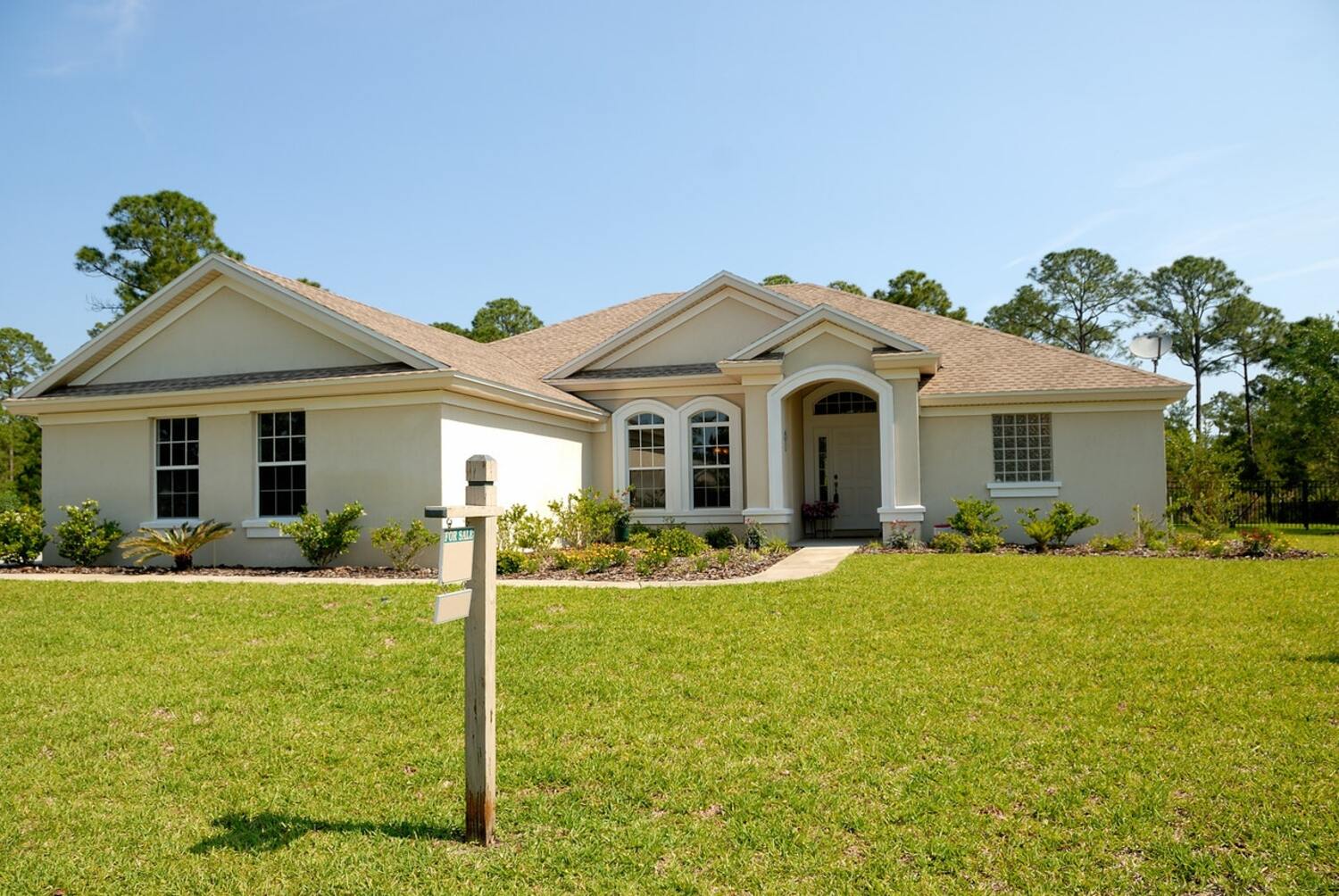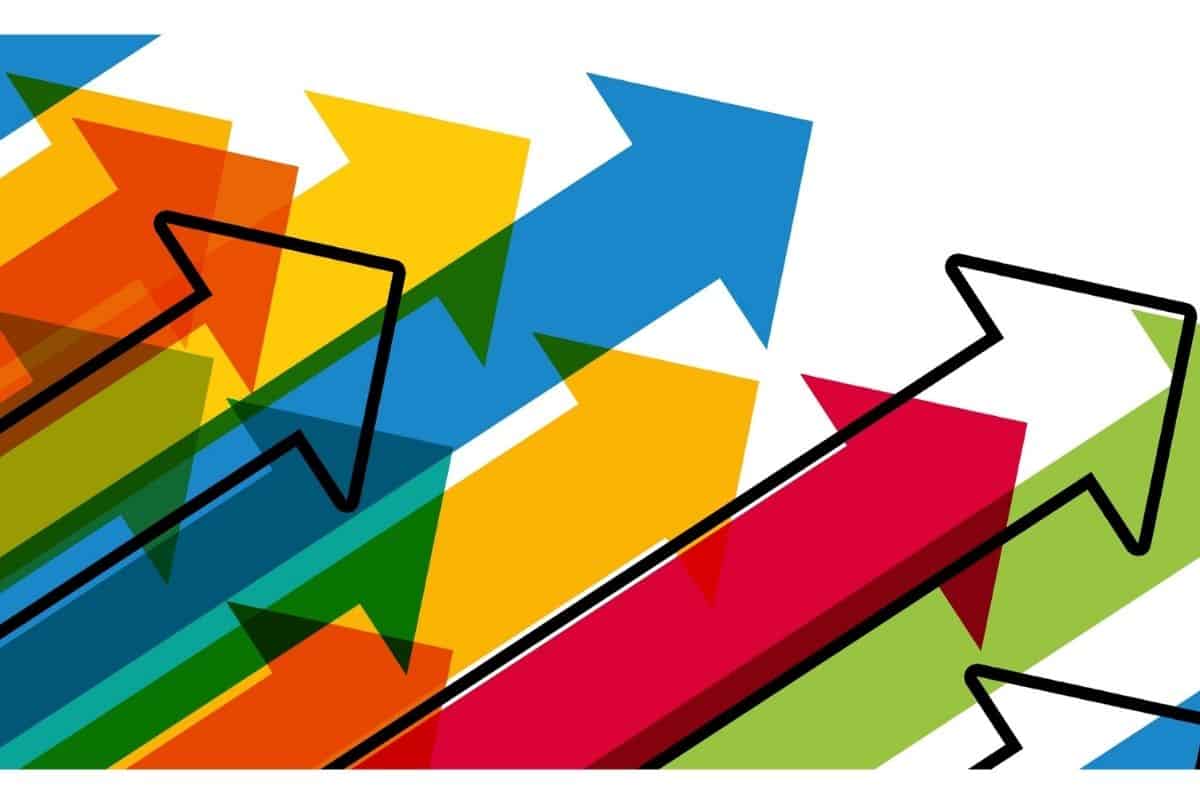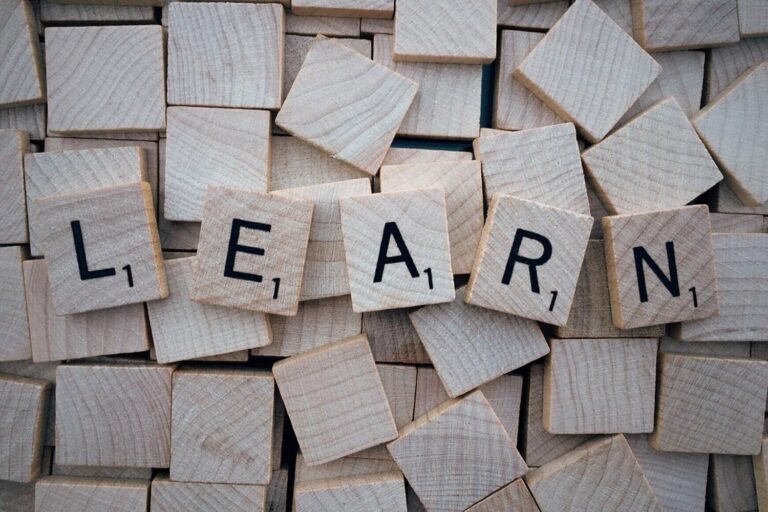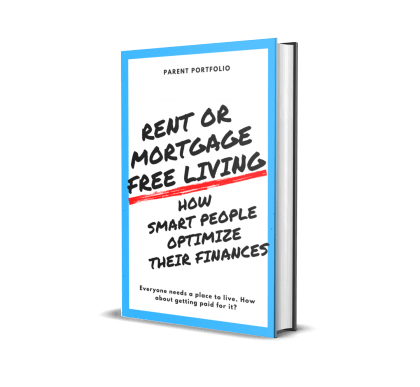Is Buying A House A Good Investment?

Buying a house is one of the largest purchases a person will ever make. But, is buying a house a good investment?
Owning a house is often considered a symbol of the American Dream or a new chapter into adulthood. I remember signing the closing documents for my first home. After officially buying a home, a representative from the title company handed me a copy of my papers and said, “Congratulations, you’re in debt.”
Truthfully, I believe it’s a worthwhile purchase. I’ve owned multiple primary houses. However, I would NOT call it an investment.
If someone were to justify buying a large house, I would strongly disagree. Instead, I would call it a “bad investment.”
Buying A House Is Not A Good Investment
Before a house can be considered a good investment, it’s essential first to define“What is an investment?”
According to Meriam Webster, an investment is “the outlay of money usually for income or profit.” In other words, you “gotta spend a little money to make a lot of money.”
With that statement, people assume that it is a good investment solely because of real estate appreciation. They believe that it will increase in value when they buy a house and sell for a profit.
Hold on. There are other factors to consider BEFORE calling it a good investment.
Imagine a person buying a million lottery tickets and finally winning a million dollars! That person may have won a million dollars, but how much money did they net?
These are the disadvantages of buying a house and why I DON’T consider a primary residence a good investment:
- The carrying costs
- Lack of cash flow
- Not easily liquid
- Appreciation is not enough.
Carrying Costs
There are a lot of carrying costs that come with owning a primary residence. Aside from making a down payment, there are also associated fees with closing on a house.
After acquiring the house, there are still ongoing costs, such as private mortgage insurance, property taxes, HOA, repairs. Many people ignore these expenses when deciding to purchase a home.
And, although the mortgage may get paid off, a homeowner still has expenses to pay.
The house is not making the homeowner any money. Instead, the homeowner is losing money!
Therefore, the house is not an investment. Instead, the house is a liability!
Lack Of Cashflow
Unlike any investment property, primary residential houses do not generate cash flow.
Cash flow is the remaining balance after an owner deducts expenses from the rental income. These expenses can be the mortgage payment or property management fee.
For example, a property with a monthly rental income of $1000 and a total monthly expenses of $800 will have a monthly cash flow of $200.
For rental properties, the tenants are the ones paying for the expenses of owning a house. In the case of a primary residence, the owner is paying for all the costs.
Not Easily Liquid
A primary residence is not easily liquid. Liquidity is when an owner converts a property into cash. For example, stocks in the stock market are liquid because they can be sold and converted into cash quickly.
With real estate, it could take weeks or even months to close on a property. Even cash offer deals take at least a week. For that reason, even rental properties do not count when calculating liquid net worth.
A house is not a liquid asset. Instead, a home is a shelter for a person and their family.
Try telling your family that they need to pack up and move out immediately for the sake of cashing out their house. Good luck!

Appreciation Is Not Enough
Many people like to rely on appreciation to justify buying a house that may be outside their budget. Unfortunately, real estate values can fluctuate. However, just because a place appreciates doesn’t necessarily mean it has a good Return on Investment (ROI). So, the home value can vary over time, especially if make any improvements to it, such as installing solar panels.
For example, a person purchased a house with the following details:
- Purchase Price: $135,000
- Down Payment: $8,000
- Closing Costs: $4,000
- Term: 30-years
- Interest-Rate: 6%
After seven years, the first time home owner sells their property for $200,000!
However, after seven years, the remaining principal balance is about $116,000 because mortgage payments in the first half of the term go towards the interest.
Here are more details about additional expenses:
- Loan Balance: $116,000
- Total Interest Paid: $47,000
- Property Taxes & Insurance: $35,000
Therefore, the total cost of investment is the sum of the down payment ($8,000), closing cost ($4,000), interest paid ($47,000), property taxes/insurance ($35,000). The total cost of investment is to be about $94,000.
The house sale ($200,000) will pay off the remaining loan balance ($116,000). Hence, the remaining balance from the sale of the house is $84,000.
To calculate the return on investment, divide the net profit by the total cost of investment. The net profit is the remaining balance of the sale minus the total spent (i.e., cost of investment).
ROI = Net Profit / Total Cost of Investment x 100%
= (Remaining Balance – Total Spent) / Total Cost of Investment x 100%
= ($84,000 – $94,000) / $94,000 x 100% = -11%
Although the homeowner sold their property for $200,000, over the long term they lost 11% or about $10,000. Furthermore, the total cost of investment doesn’t take into account the addition of repairs or maintenance.
For more details, check out the post “How Much Does It Really Cost to Sell a House?“
But, Is a House an Asset?
A homeowner should not call their primary residence an investment regardless of the potential appreciation in market value. Due to the carry costs, such as private mortgage insurance, property taxes, and maintenance expenses, owning a home could be considered a liability.
However, there is a way to turn a primary residence into an asset! Although a primary residence may not cash flow like rental properties, it can acquire rental properties.
This strategy is what I use for owning rental property. I leverage the equity in my primary residence to create a business line of credit.
This line of credit is like a credit card that has a revolving balance. A person can use it to make a down payment and to pay for rehab expenses.
The initial investment and any rehab costs could be recouped via a cash-out refinance.
Scenario
For example, imagine a person who owns a primary residence with a mortgage balance of $80,000. The market value of his house is $200,000. Therefore, this person has $120,000 in equity.
A lender can then provide a line of credit based on a percentage of the equity. This percentage is also known as the loan-to-value ratio or LTV, which is about 75% to 80%.
Therefore, an LTV of 75% of the equity creates a line of credit of $90,000.
An owner can use this money to acquire investment properties and pay for improvements. Furthermore, an owner can use the cash flow generated from real estate investing to pay back the credit line.
It’s important to note that the owner has to pay back the balance. So, a person needs to be financially responsible and have sufficient cash reserves to leverage their home’s equity.
Check out more in my articles: 4 “No Ways” to invest in real estate and The BRRRR Method.

Is It Cheaper to Rent Or Own a Home?
Compare a rent payment of $1,000 to a house payment of $800. On the surface, it appears that it is cheaper to own a house.
However, owning a house is only cheaper in the short term.
Renters are not responsible for regular maintenance or major repairs, such as replacing a leaking roof or a non-working furnace. That responsibility falls on the property owner. Therefore, in a given year, the cost of owning a home could be more expensive than renting.
Furthermore, property taxes and insurance premiums will rise. Property owners are stuck with the bill, while renters can relocate once their lease is up.
It’s expected for rents always to be slightly higher. These high rent prices allow landlords to make their mortgage payments and build up their cash reserves.
In a situation where rental prices are more than double the house payments, this is mainly due to a shortage of rental properties. Landlords take advantage of the high demand from renters; Thus, significantly increasing rents.
However, this demand also causes the creation of more rental properties, which increases the supply. Therefore, the market will correct absurdly high rental prices to the actual market value.
Lastly, if house payments were indeed half the cost of rent prices, real estate investors would have quickly acquired the property before regular homebuyers could.
For help calculating your rent affordability, check out this simple rent affordability calculator.

How Do You Know You Are Ready to Buy a House?
A person should always analyze every financial decision, especially buying a house. So, it’s a valid concern to wonder if you’re ready to buy regardless if a home a good investment.
Those in a poor financial situation should NOT purchase a house! Don’t let your peers or family members guilt you into buying a house when YOU are not ready.
Below are a few takeaways you can see if you’re at least financially ready to buy a house.
Step 1: Identify Your Current Debt
Identify how much debt you have. Do you have student loans, car payments, or credit card payments?
Home ownership is a considerable purchase. You don’t want to put yourself into more debt if you’re already drowning some.
Build up an emergency fund for about three to six months of your monthly expenses by budgeting. You can use the emergency fund in case of unexpected expenses or events, such as a car accident or a job loss.
However, if you struggle with personal finance already, such as managing multiple credit cards, you might need to sit down with a financial planner to help you put money in the right places.
Step 2: Get A Pre-approval Letter
It’s essential to have a pre-approval letter. Not just to know what your buying power is but also to prove you have the funds when you make an offer on the house.
I recommend working with a local bank or a credit union and building a relationship with a banker.
From my experience, having a great banker on your team will pay dividends. Some bankers may have “more push” compared to the big banks.
Also, they may be able to provide the best mortgage rates compared to the big competition! And, although the mortgage interest rate may be a fraction of a point higher, the relationship you have with the banker is invaluable.
Step 3: Determine Your Mortgage Payment Limit
I recommend having a mortgage payment of no more than one-third of your household income.
Remember, you will have other expenses outside of your mortgage payment. You may have a huge house, but can you afford to eat or pay your other bills?
Once you know the max mortgage payment you can afford, you can calculate how much you can offer on the house.
Step 4: Take Into Account Property Taxes and Insurance
Two things that a listing does not include taxes and insurance. If you’re considering buying a property in an appreciating area with an excellent school system, it’s crucial to check on the property taxes.
Property taxes, depending on a neighborhood, could vary by magnitudes of thousands of dollars. So, take that into account while trying to account for your mortgage budget.
Also, your house requires home insurance. Premiums vary based on square footage, year of the roof, etc.
I recommend working with an insurance broker. They can shop around for the best price for you amongst the other insurance providers.
Step 5: Maintenance Costs
When you own a house, there isn’t a landlord you can call to repair issues. When you own a home, you’ll have to pay out-of-pocket to have anything repaired or replaced.
Some homeowners sign up with a home warranty company to handle repairs to appliances and systems in a house. These companies require a contract fee, which can range from $300 to $500.
Also, they will require a copay anytime a technician visits your property. The co-pays can range from $75 to $100.
We opted not to continue a contract with a home warranty. Instead, we do regular maintenance checks on all our systems and regularly contribute to an emergency fund.
Conclusion
Buying a house is one of the most significant purchases a person can make. However, a person needs to be financially responsible when making this decision.
A homebuyer shouldn’t justify making a large purchase with the assumption it will appreciate. As a real estate investor, I don’t rely on appreciation because real estate values fluctuate over time, depending on the different real estate markets.
Instead, the increase in the home’s value or home equity is just a bonus.
Likewise, a person should buy a house to buy a home, not an investment. Owning a home can add to someone’s overall net worth and provide shelter for generations.
However, potential homebuyers must be aware of their financial situation. It doesn’t make financial sense for a home purchase if they struggle to make mortgage interest and principal payments every month.
Is home buying a great investment? Not necessarily. But, can it be an asset? Yes.






